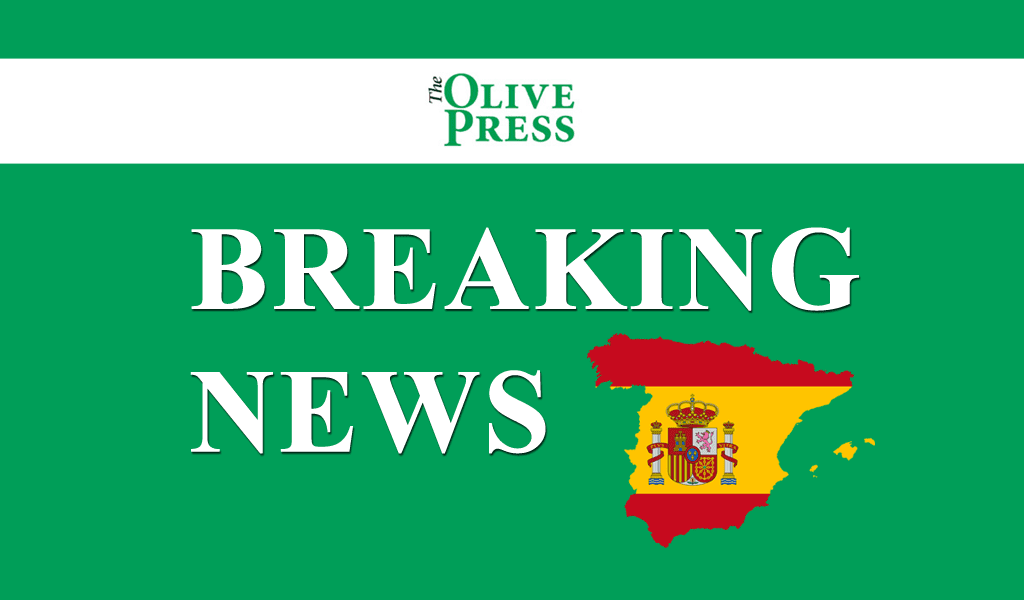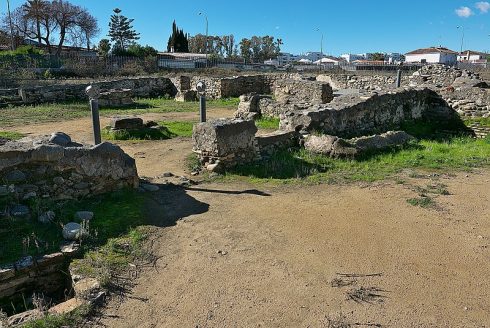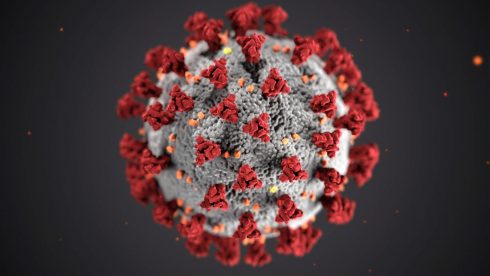SPAIN has added 23,480 coronavirus cases over the weekend and is the EU country with the highest official caseload at 813,412.
On August 24, the country had just over 400,000 cases detected by PCR, meaning it has doubled in little over 40 days.
However the rate of the spread of the virus, on average, seems to have been stabilising in recent days.
Speaking at a press conference today, director of health emergencies Fernando Simon said the epidemic in 29 of 50 provinces had stabilised or decreased in a ‘consistent manner’, although it continues to rise in the remaining 21.
This time last week, the weekend figures delivered 31,780 cases, meaning a week-on-week drop of 35%, a fall not seen since the curve began to flatten during the first wave.
Meanwhile, the cumulative incidence rate (AI) – the number of cases per 100,000 inhabitants over the past 14 days – fell for the fourth day in a row to 254.
It is still the highest rate in Europe but is much lower than last Tuesday when it reached 300, in what may have been the peak of the second wave.
While there’s reason to be optimistic, the Ministry of Health does not consider the pandemic to be under control.
“There continues to be very high incidences that place us in a high risk situation,” said Simon, “The objective is to lower the AI to 50 cases per 100,000 inhabitants.”
The worst hit region of Madrid almost saw its number of detected cases halve today compared to seven days ago.
This steep drop, according to regional leader Isabel Ayuso, is due to the closing down of certain districts which began in late September.
The AI in the central region has now dropped from 784 last Tuesday to 586 today.
However 23% of hospital beds and 41% of ICU beds continue to be taken up by coronavirus patients, placing significant pressure on Madrid’s healthcare system.
Health minister Salvador Illa, not mentioning Madrid specifically, said he remains ‘very concerned’, particularly in regions which have high percentages of positive test results and busy ICUs, predicting the country will face some ‘very tough weeks’ ahead.
“We remain very concerned about the evolution of the pandemic,” said Illa, “The next few weeks are going to be very hard…especially in territories where there are more positive results from PCR tests and where the percentages of ICU occupancy and deaths are still high.”
He added: “We already had to defeat the virus and we managed to do it together.
“But I want to be very clear: we are not doing politics, we are working from scientific evidence. We are only motivated to protect citizens.”
It comes after a political showdown with Madrid last week in which Ayuso initially resisted the central government’s demands to close down the majority of the region.
Click here to read more Spain News from The Olive Press.








